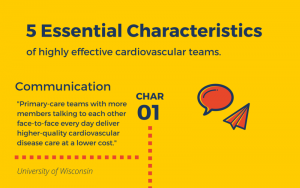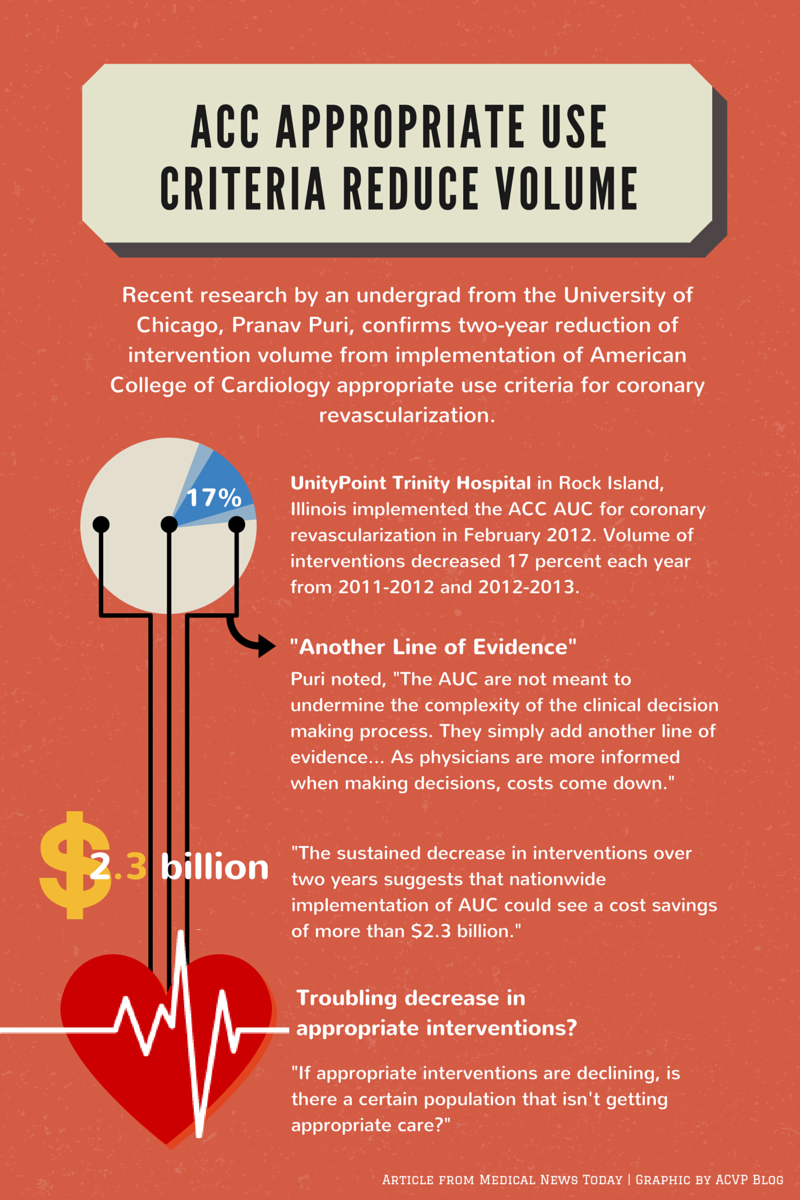The American College of Cardiology released a health policy statement endorsing team-based care and outlining the inclusion of advanced-practice practitioners.
The ACC’s strategic plan is aligned with the triple aim of improved care, improved population health, and lower costs per capita. The traditional understanding of quality, access, and cost is that you cannot improve one component without diminishing the others. With cardiovascular team-based care, it is possible to achieve the triple aim of improving quality, access, and cost simultaneously to also improve cardiovascular health. (read the statement)
The statement lists the advantages of several different models for team-based care, from the traditional care model to health clinics and a population health framework. These include reduced readmissions, reduced hospitalizations, reliable use of evidence-based therapies, consistent documentation of education, improved patient safety, efficient use of workforce, and improved access and care coordination.
The statement stresses the importance of inter-professional education in facilitating team-based care:
Continue reading ACC Endorses Team-Based Care, Adds Advanced Practice Practitioners
 In March, researchers from the University of Wisconsin School of Medicine and Public Health released a report detailing the importance of communication in cardiovascular care.
In March, researchers from the University of Wisconsin School of Medicine and Public Health released a report detailing the importance of communication in cardiovascular care.
